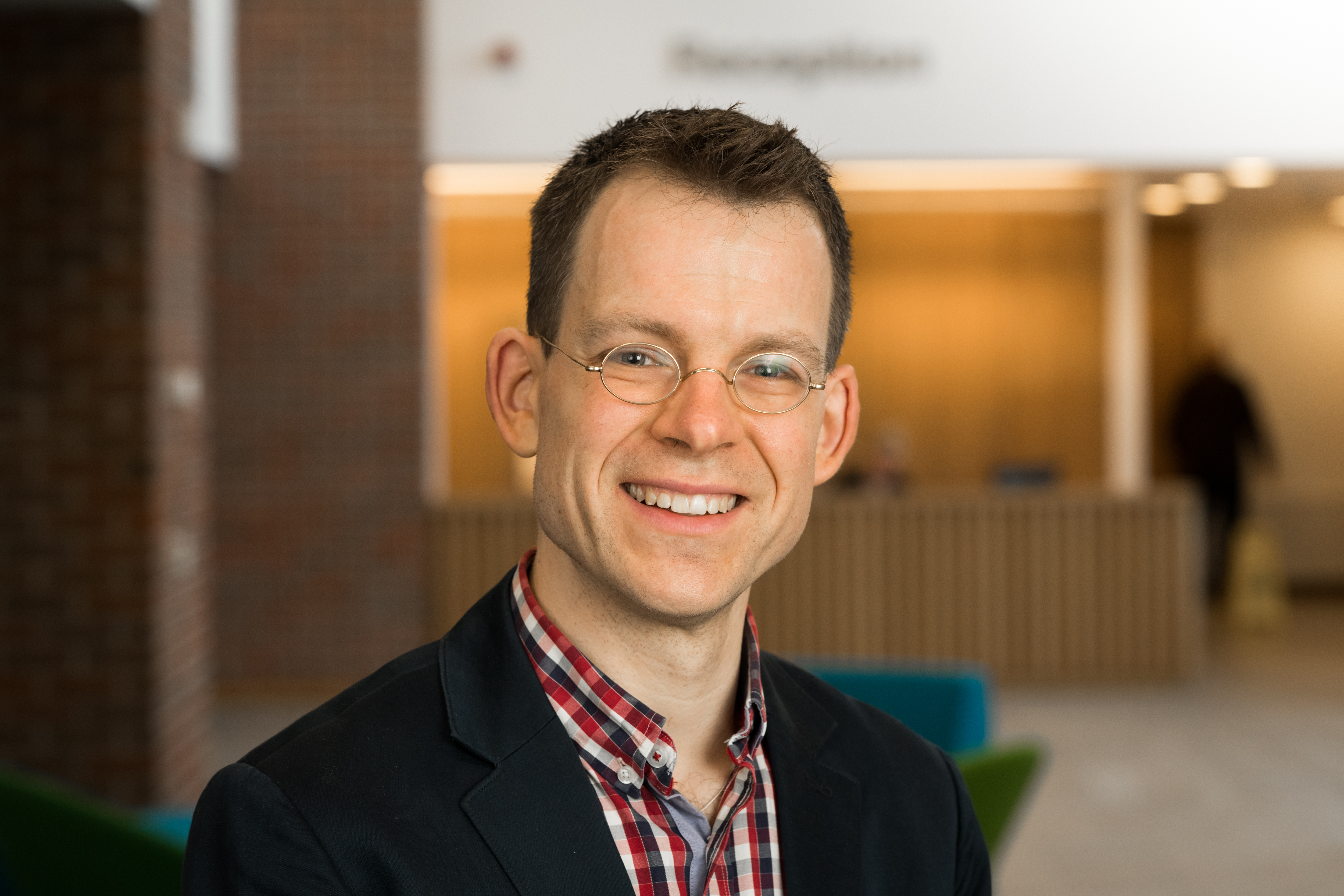Mayor of London gives speech on ending online hate speech: Newman’s Stephen Pihlaja’s research talks of Religious Talk Online

The Mayor of London, Sadiq Khan recently published an article talking of the way we communicate online, focusing on hate speech and launching his #endthehate campaign at the same time.
Mr Khan spoke of his own personal experience, referring to the “racist, abusive and sometimes illegal tweets and Facebook comments” he receives each day and expressed his concern for the young people from diverse backgrounds who read the hate speech online, commenting “I worry about the talented young people who might be put off from becoming politicians or taking other public roles because they think this kind of abuse is just part of the job.”
The topic which Sadiq Khan speaks about is one which Stephen Pihlaja, Reader of Stylistics at Newman University, Birmingham has previously researched into. Stephen published his second book in February 2018 titled Religious Talk Online: The Evangelical Discourse of Muslims, Christians, and Atheists.
Stephen’s research focuses on the dynamics of discourse, or language in use, particularly in online interaction around religious issues. He analyses discourse to understand how people present themselves and their beliefs to diverse audiences, and how technology changes not just the presentation of belief, but how and what people believe.
Stephen’s new publication investigates how several prominent social media figures present views about religion in an environment where their positions are challenged. The analysis shows how conflict creates a space for users to share, explain, and develop their opinions and beliefs, by making appeals to both a core audience of like-minded viewers and a broader audience of viewers who are potentially interested in the claims, ambivalent, or openly hostile.
The book argues that in the back-and-forth of these arguments, the positions that users take in response to the arguments of others have consequences for how religious talk develops, and potentially for how people understand and practice their beliefs in the twenty-first century.
Stephen has also produced an article titled Young Muslims and exclusion – experiences of ‘othering’ where he and Naomi Thompson, University of London explore the exclusion faced by young Muslims in England.
For further information on the research conducted by Stephen Pihlaja and his new book, visit the Cambridge University Press website.
